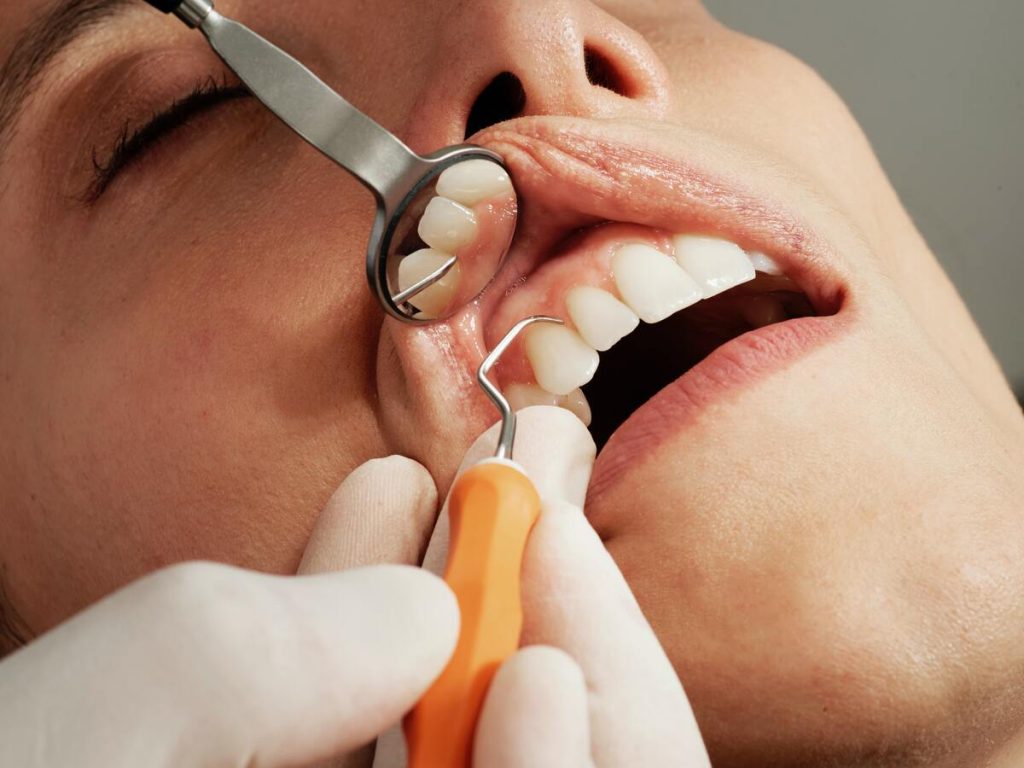There is an old saying; if it’s not broken don’t fix it. That really holds up in dentistry. This article looks at why hygiene is so important in dentistry and the role that this specialist dental practitioner plays in maintaining teeth and keeping gums healthy.
Progressing conditions
One of the most common causes of tooth loss (excluding trauma and cavities) is gum disease. This is a progressive condition that has relatively minor early symptoms that can easily be brushed off and put to one side, provided that it is noticed at all.
It is easy to see that some cavities become progressively worse over time. Treatment of early-stage cavities and gum disease can be as simple as a visit to a local hygienist Richmond, a scale and polish removes tartar or any accumulating bacteria from the surface of the teeth, buffing the surfaces on the teeth smooth. This disrupts the colonies forming the cavity and allows the enamel layer to remineralise.
Treatment Costs
Hygiene costs range between different prices when being carried out privately, depending on where it is performed. Fillings even when carried out on the NHS do have a cost, and they are included as band 2 treatment. This is significantly higher when they’re being carried out privately and limits you to metal amalgam for back teeth.
With gum disease, it is harder to put a final figure, as the treatment procedure involves regularly checking every few months at the clinic and diligent hygiene at home. In most cases with severe gum recession, gum grafting may be required, which spirals costs upwards.

Treatment Invasiveness
Treatment invasiveness is reduced significantly with early intervention. Patients suffering dental anxieties often means that the worst-case scenario of having to go through a highly invasive procedure becomes a necessity. As earlier screening and standard check-ups will all be too easy to avoid, until discomfort forces emergency treatment.
Dental surgeries will endeavour to minimise the amount of intervention required, with fillings always being done before inlays, onlays before crowns and last of all extractions. But when a condition that progresses over time reaches a certain critical point, invasive measures are required to stabilise and prevent further loss.
Hygiene and aesthetics
Attending checkups and engaging in scale and polishing when required not only prevents clinical harm in the future but helps with maintaining the healthy and bright appearance of your smile. If you are suffering from dental staining and are considering lightening or other cosmetic procedures, it might be wise to start with a thorough professional cleaning, as this can significantly improve the shade of your enamel and help with bad breath. Improving your health and avoiding some of the side effects of unnecessary cosmetic procedures.
Learning to brush your teeth (not for children)
The standard rules of how to brush your teeth are commonly taught in childhood, but not all teeth are the same. If you are suffering from dental misalignments, the brushing technique is significantly different. Asking a hygienist for personalised advice on how to brush your teeth can make all the difference in preventing the need for further treatment down the road.






